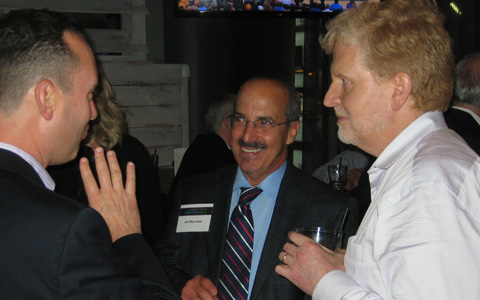UBS recently published an article that gave a good synopsis of what a restructuring entails, especially regarding public companies:
“A restructuring marks a challenging and sometimes disruptive time in the history of any corporation that has ever undertaken one. Managements rarely aspire to undergo a restructuring, but in some cases, it is the best path when a company has an urgent need to turn around its fortunes, improve its reputation, or restore its competitive position. The process can entail major changes in the organizational structure, staff, asset base/product line, or cost structure. History tells us that a positive outcome is not assured, as not all restructuring plans are carried out effectively.
A successful restructuring begins with a vision and an achievable strategy for implementation. A well-executed restructuring or turnaround can transform a company that is weighed down – by an inferior product line, a heavy debt burden, inefficient operations, or a damaged reputation – into a strong competitor with dramatically improved financial results.”
See the entire UBS article on restructuring and turnarounds here. The Association is home to top interim executives, many of whom specialize in providing the leadership to transform struggling companies.












 Hardik Bhatt was a Senior Director with Cisco and led market development for Internet of Everything for their Global Public Sector. He is now CIO for the State of Illinois, charged with the modest mission of transforming, aligning, and streamlining all state agencies in their use of technology to better deliver services.
Hardik Bhatt was a Senior Director with Cisco and led market development for Internet of Everything for their Global Public Sector. He is now CIO for the State of Illinois, charged with the modest mission of transforming, aligning, and streamlining all state agencies in their use of technology to better deliver services. Imad Mouline, co-founder and CTO of Everbridge, heads up market strategy, product roadmap, innovation, and R&D, including current IOT product launches. Imad has served as CTO and co-founder of several technology companies that achieved home run results.
Imad Mouline, co-founder and CTO of Everbridge, heads up market strategy, product roadmap, innovation, and R&D, including current IOT product launches. Imad has served as CTO and co-founder of several technology companies that achieved home run results.


